Postdoctoral and Graduate Fellows: Academic Year 2025–26
The NBER coordinates fellowship programs for PhD students and post doctoral researchers supported by several federal and foundation funders. Calls for most fellowships are posted in the Fall, with closing dates in December. During academic year 2025-26, the NBER is providing fellowship support for graduate students studying the economics of consumer financial management, fiscal and economic effects of innovation and productivity policies, gender in the economy, and global math talent. It is also offering postdoctoral research support for the study of agricultural economics, economics of crime, fiscal and economic effects of innovation and productivity policies, long-term fiscal policy, racial and ethnic disparities in economic outcomes, and wealth and income inequality.
Postdoctoral Fellows
Agricultural Economics
Supported by the US Department of Agriculture
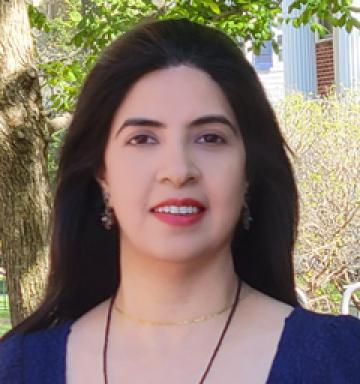
Khyati Malik received her PhD from The Ohio State University. Her research interests are at the intersection of agricultural, environmental, and energy economics with a focus on regional issues and policy. She examines economic frameworks for utilizing agricultural lands as carbon sinks, emphasizing soil carbon sequestration’s role in achieving emission reduction targets and promoting sustainable agricultural practices.
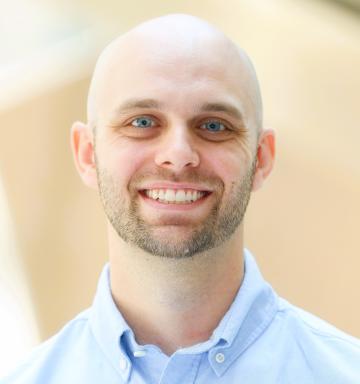
Sean Kiely received their PhD from the University of California, Davis. Their fields of interest are agricultural, behavioral, and development economics and will be studying the impact of information and food labeling policies in affecting household demand for food products.
Economics of an Aging Workforce
Supported by the Alfred P. Sloan Foundation

Johanna Torres Chain studies how family caregiving shapes retirement security and public spending on aging. Her work examines how caregiving availability provides self-insurance against health and longevity risks, documents disparities across racial and marital groups, and evaluates their implications for wealth accumulation and the design of public insurance programs.
Economics of Crime
Supported by Arnold Ventures
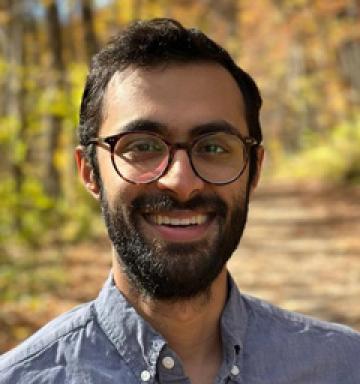
Nikhil Rao is a labor economist studying the interaction between human capital accumulation and inequality and how social ties influence decision-making, especially in the contexts of crime and education. His current work studies how to improve outcomes for people involved with the criminal legal system and how crime-reduction interventions spread through social networks.
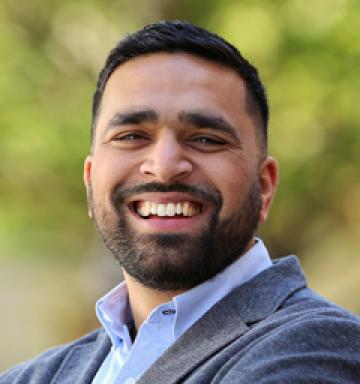
Salman Khan is researching the impact of providing federal financial aid to incarcerated populations. His work studies crime, education, and labor.
Fiscal and Economic Effect of Innovation and Productivity Policies
Supported by the Alfred P. Sloan Foundation
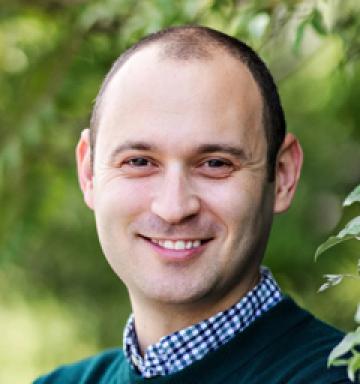
Alex Bell is an Assistant Professor of Economics at Georgia State University. His research, grounded in labor economics, focuses on inequality and innovation, with methodological contributions to the study of compensating differentials.
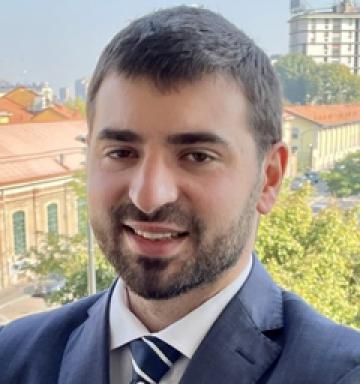
Fabio Bertolotti is a Research Economist at the Bank of Italy, focusing on macroeconomic growth and innovation. His research examines how R&D, patent, and investment policies influence innovation and capital-quality growth, as well as how scientific knowledge translates into technological advancement.
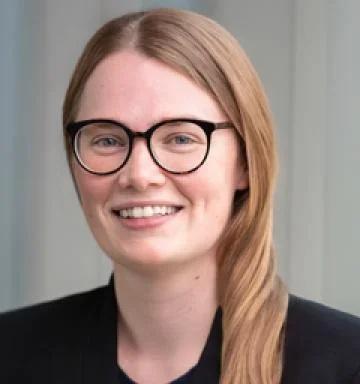
Rebekah Dix is an industrial organization economist whose research focuses on innovation and health. Her ongoing projects study the returns to medical innovation.
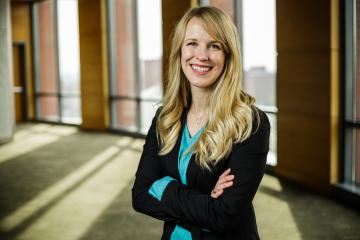
Britta Glennon is an Assistant Professor at the Wharton School of the University of Pennsylvania and an NBER Faculty Research Fellow. She conducts research on the globalization of innovation, focusing on how government policies and the international mobility of high-skilled workers affect firm behavior, productivity, and the distribution of talent.
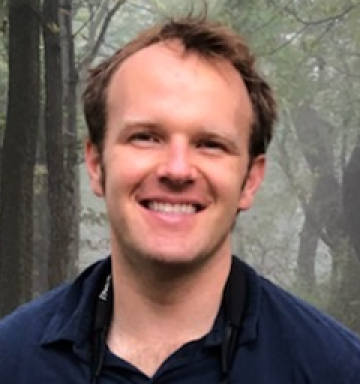
Eric Lewis is an energy and environmental economist with research on oil, natural gas, and greenhouse gas emissions.
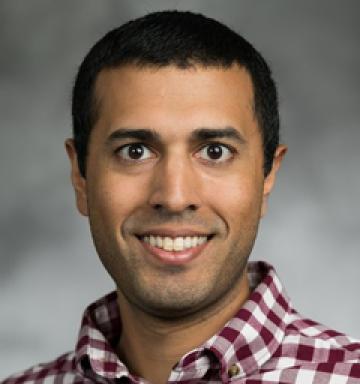
Parag Mahajan is a labor economist whose research seeks to improve our understanding of the sources and consequences of labor mobility, often using administrative data. Most of his recent work focuses on how foreign-born workers impact business dynamics in the US.
Long-Term Fiscal Policy
Supported by the Peter G. Peterson Foundation
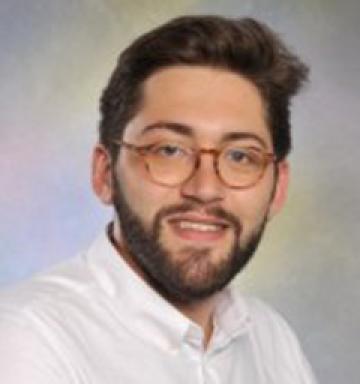
Antoine Hubert de Fraisse studies the impact of government debt on interest rates, with a particular focus on how the maturity structure of outstanding debt affects the term structure. He also considers the impact on corporate borrowing costs and investment.
Racial and Ethnic Disparities in Economic Outcomes
Supported by the Alfred P. Sloan Foundation
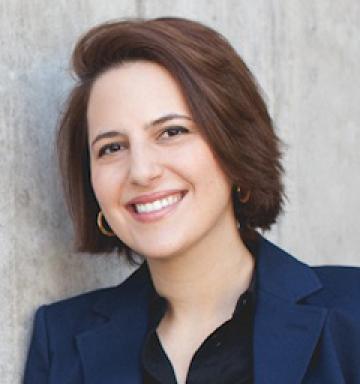
Laura Taylor is an applied economist specializing in natural resource and environmental economics and economic history. She studies water markets, water quality and use and procedural justice. She also studies American Indian land loss in the context of American western settlement, and land return. She is a Research Fellow at the Harvard Project on Indigenous Governance and Development, and will join the faculty at University of Miami’s Rosenstiel School in the Fall of 2026.
Wealth and Income Inequality
Supported by the Stone Family Foundation
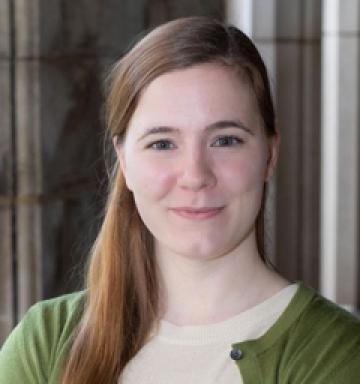
Lucy Msall is a 2025 graduate of the University of Chicago Booth School of Business's PhD in Economics. She also holds a Master of Legal Studies from the University of Chicago Law School. Prior to graduate school, she worked as an academic research assistant and an Assistant Analyst at the Congressional Budget Office. Her work studies taxation, regulation, and other fiscal policies.
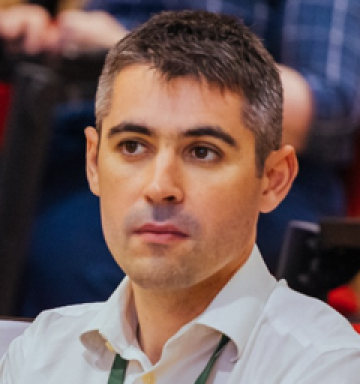
David Leite is a public economist with a focus on public finance, particularly the design of tax systems. He earned his PhD in Economics from the Paris School of Economics and will join the NBER as a postdoctoral researcher in September 2025. His work has been recognized with the Peggy and Richard Musgrave Prize from IIPF, the Young Research Award in Public Finance from the European Tax Observatory, and the Heinz König Award from ZEW.
Graduate Fellows
Consumer Financial Management
Supported by the Institute of Consumer Money Management
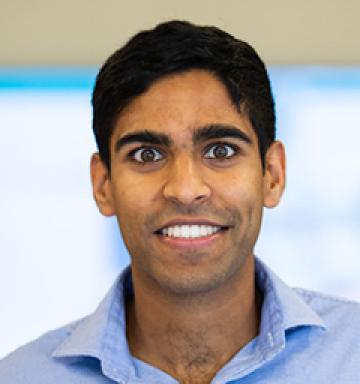
Matthew Jacob is studying the intergenerational effects of foreclosure on the economic trajectories of parents and children.
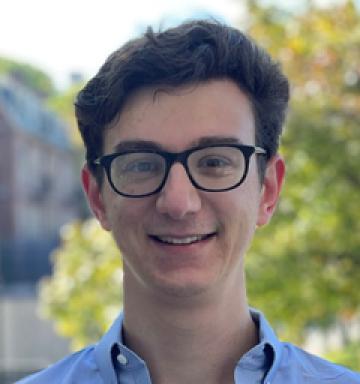
Justin Katz studies frictions in household debt repayment decisions to guide the design of government interventions in consumer credit markets, with a particular focus on the mortgage and housing sector.
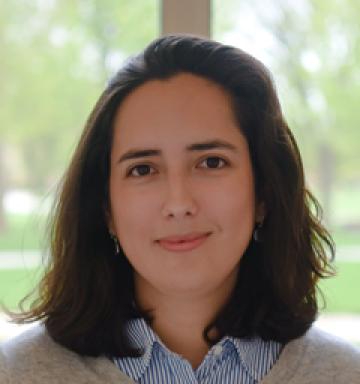
Grace Ortuzar is examining policies designed to benefit low-income tenants and reduce homelessness.
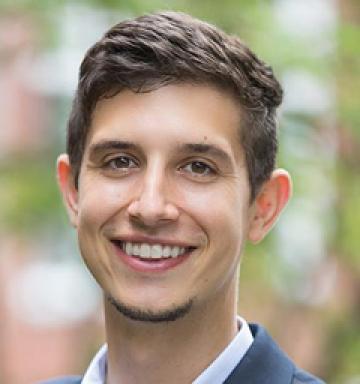
Dominic Russel studies household borrowing behavior, lender incentives in consumer financial markets, and the impacts of credit on inequality.
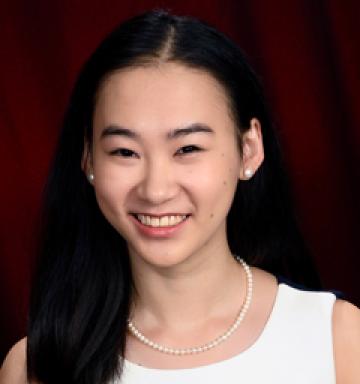
Claire Shi is studying household debt, with a focus on repayment decisions, how parents shape the borrowing behaviors of their children, and lender contract design.
Fiscal and Economic Effect of Innovation and Productivity Policies
Supported by the Alfred P. Sloan Foundation
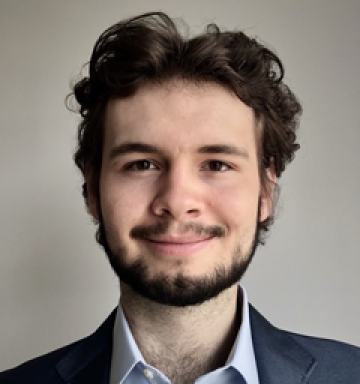
Tim Cejka is studying how US immigration policy affects healthcare in the US.

Maya Durvasula is a JD/PhD candidate in economics at Stanford, where her research examines how law and policy shape access to medicine.

Philip Hoxie is an economics PhD student at the University of California, San Diego where he works on research related to housing, regulation, and intergovernmental grants. Before graduate school, Hoxie was a research assistant at the American Enterprise Institute and holds a bachelor's degree from Middlebury College.

James Okun is a PhD student at MIT studying industrial organization and public finance. His work explores how the government should design public procurement in a variety of settings: selecting firms to provide in-kind transfers of private goods to low-income consumers, awarding long-term contracts in electricity markets to bolster the resilience and reliability of supply, and awarding subsidies to innovate and commercialize novel technologies.
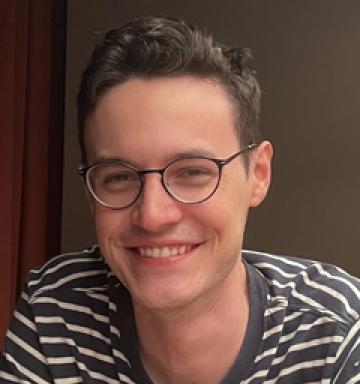
RobertRemuszka is a graduate student in Economics at the University of Wisconsin—Madison (UW) with interests in the fields of Migration, Growth and Macroeconomics. Prior to joining the graduate program at UW, he worked as a research assistant at the Federal Reserve Bank of Boston and as an undergraduate research fellow at Yale’s Research Initiative on Innovation and Scale.
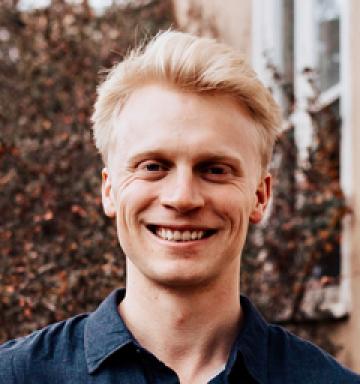
David Ritzwoller is a PhD candidate at the Stanford Graduate School of Business, advised by Guido Imbens and Joseph Romano. His research interests lie broadly in econometrics and causal inference.
Gender in the Economy
Supported by the Bill and Melinda Gates Foundation
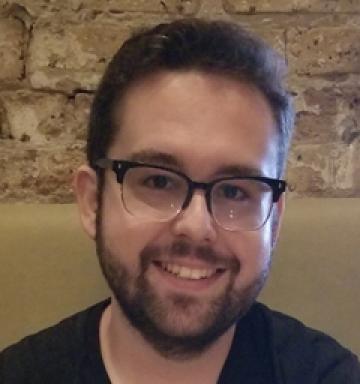
Grant Goehring will work on several projects that use historical natural experiments to explore various aspects of the market for sex. The first set of projects examines the health externalities associated with sex work and assesses the public health consequences of different attempts to regulate the industry. The second explores the reasons women engage in sex work, focusing specifically on whether economic distress is an important driver of women entering the industry.
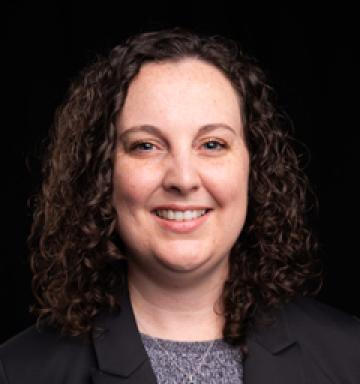
Rebecca Jack is studying the effect of childcare availability for school-age children on maternal employment. She will use variation in access to after-school care programs to study the impacts of fragmented childcare coverage. She plans to build a novel dataset of schools in the United States that have received federal grants to provide after-school care and will link this data with large-scale U.S. administrative data to study mothers’ earnings and employment over time. Her research aims to highlight the need for policy reforms to support working mothers with children of all ages.
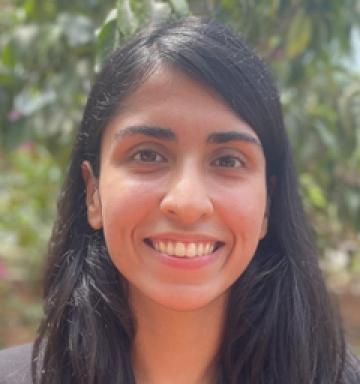
Shreya Tandon will pursue two projects studying women’s labor supply in India. The first uses experiments to show that dual-earner households have substantial willingness to pay for co-working in the same establishment, motivated by concerns about commuting and workplace safety for women. She then quantifies how safety concerns limit household job mobility. In a second co-authored project, she uses social security and LinkedIn data to investigate how India’s 2017 maternity leave expansion impacted women’s careers.
Global Math Talent
Supported by Anonymous
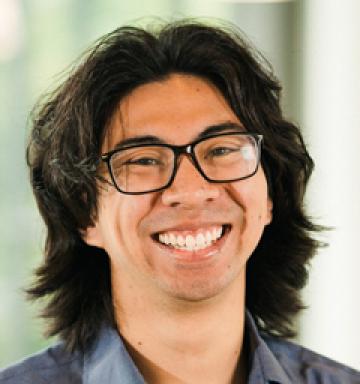
Phi Adajar studies the economics of education, with a particular focus on educational equity. Their work seeks to understand the barriers to accessing high-quality resources and how interventions and institutions can shape student success.
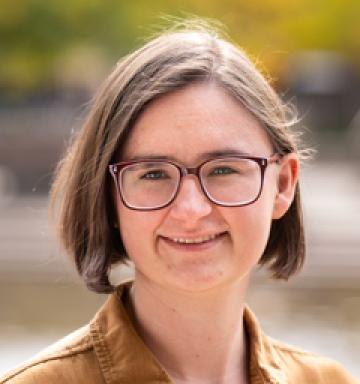
Rachel Moore is an economics PhD student at Princeton University interested in labor and education. Her research focuses on educational access, non-traditional students, and the labor market impacts of broad human capital development.

Andrew Smith explores how high school curriculum policies shape student enrollment in mathematics coursework and influence their postsecondary choices.

Xizhao Wang's research interests include innovation and entrepreneurship, technology, labor, and organizational economics. She is studying how democratic incentives shape talent mobility and the impacts of democratic environments on attracting and retaining exceptional talent.